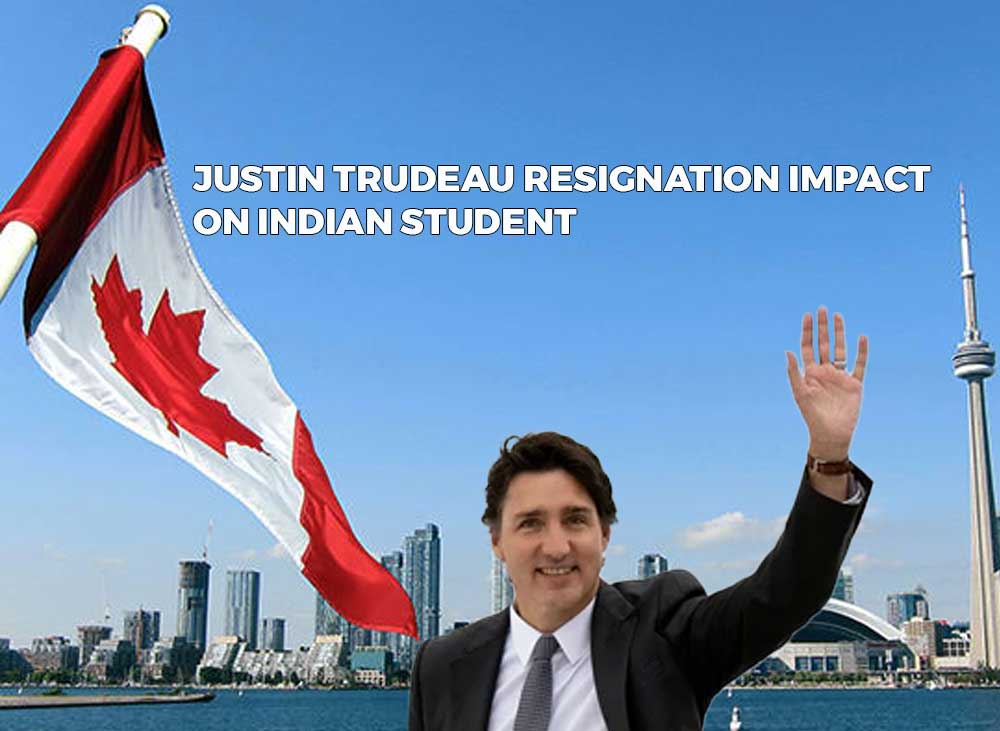
How Canada’s New 2024 Student Visa Rules Will Affect International Students: A Student Consultant’s Perspective
Studying abroad is a fantastic way to broaden your horizons, gain valuable academic credentials, and acquire work experience in a foreign country. Canada, known for its high-quality education and vibrant multicultural environment, remains one of the top destinations for international students. However, recent changes to Canada's study permit and Post-Graduation Work Permit (PGWP) requirements may impact your plans. Here's what you need to know from a student consultant's point of view.
New 2024 Rules for International Students Coming to Canada
Canada has introduced several new regulations that international students should be aware of before applying. These changes could affect everything from your study permit application to your eligibility for post-graduation work opportunities.
Temporary Federal Cap on International Student Intake
Starting January 22, 2024, Canada will impose a two-year cap on the number of study permits issued. The government plans to approve approximately 360,000 study permits in 2024, a 35% decrease from 2023. This cap aims to manage the rapid growth in international student numbers and ensure the country's infrastructure can support the influx.
Impact on Students: Admission to Canadian institutions will become more competitive, especially for undergraduate programs. Master’s and doctoral candidates will remain unaffected by this cap, potentially offering a less competitive pathway.
Changes to Post-Graduation Work Permit (PGWP) Eligibility
From September 1, 2024, international students attending private colleges offering licensed curriculums through public-private partnerships (PPPs) will no longer be eligible for PGWPs. Additionally, graduates of master's programs will now qualify for a three-year PGWP, providing them with more time to gain valuable Canadian work experience.
Impact on Students: This change aims to ensure that only students from high-quality programs have access to PGWPs, thereby enhancing the value of Canadian education and work experience.
Changes to Spousal Open Work Permit Eligibility
Previously, spouses of international students enrolled in full-time programs could obtain open work permits. Going forward, only spouses of students in master's, doctoral, and professional programs (such as law and medicine) will be eligible for these permits.
Impact on Students: This change may affect the plans of undergraduate and college program students who were considering bringing their spouses to Canada.
Updated Cost of Living Requirement
Starting January 1, 2024, international students must show proof of at least $20,635 (previously $10,000) to cover living expenses, excluding tuition. For students in Quebec, the minimum amount is $15,078.
Impact on Students: This increase ensures students are better prepared financially, reflecting the actual cost of living in Canada. It’s crucial for prospective students to reassess their budgets to meet this new requirement.
Why is Canada Enforcing These Changes?
Canada's education system has seen a significant rise in international students over the past decade, straining housing and healthcare infrastructure. Moreover, some institutions have prioritized profit over quality education. These new regulations aim to:
1. Ensure sustainable growth in the number of international students.
2. Improve educational standards and support systems for international students.
3. Prevent exploitation by institutions that do not meet high educational standards.
What Should Prospective Students Do?
As a consultant, I recommend the following steps for those planning to study in Canada:
1. Research Extensively: Understand the specific impacts of these changes on your chosen program and institution.
2. Prepare Financially: Ensure you have the required funds to meet the new cost-of-living criteria.
3. Consider Graduate Programs: If feasible, apply for master’s or doctoral programs to avoid the caps and benefit from extended PGWP eligibility.
4. Stay Informed: Keep abreast of any further updates from Canadian immigration authorities and your chosen institutions.
Final Thoughts
While these new regulations may introduce challenges, they also aim to enhance the quality and sustainability of Canada's international education system. By understanding and preparing for these changes, you can still achieve your dream of studying and building a future in Canada. The path may be more competitive, but with the right preparation and strategy, it remains a viable and rewarding option.
If you have any questions or need further guidance, feel free to reach out to a student consultant for personalized advice. Your journey to studying in Canada can still be a successful one with the right approach and support.








Your Views Please!